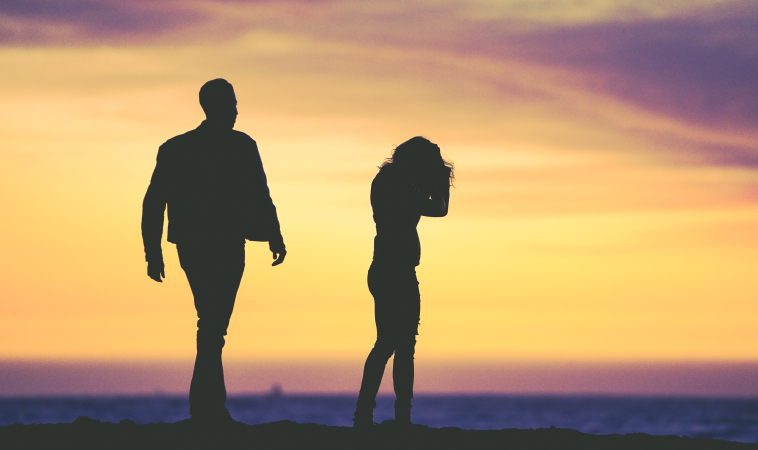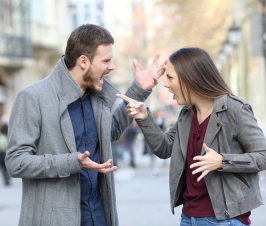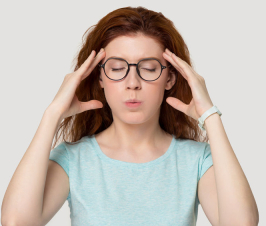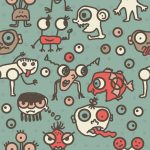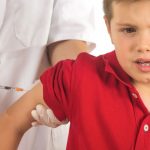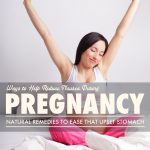I’d been in relationships continuously since I fell hard for my first love at age 14. Four beautiful years of tenderness, and angst. Coming of age. Then, a series of long-term missing the mark, hanging on too long, and giving up too soon relationships.
When I faced divorce, I first thought…
When I faced divorce, I first thought that I’d need to hurry to replace the gaping uncertainty with… someone.
How do you turn on the light with an incomplete circuit?
If Razi falls in the dark forest, and no one else is around to hear her cry, does she exist?
Spending the last two circles around the sun in a relationship only with myself was the scariest, loneliest experience of my life. I also lost my father at that time, so it was like a total purge of male energy/relationship. Companionship.
Guess who I found deep in the forest to hear my cries?
Razi.
She came to save me. To love me. And I fell in love with her, too.
Do you resonate with this? Have you given yourself the space to fall in love with yourself? Or have you been there all along?
Why Do We Chase Love?
Researchers have long looked at the problem of “love addiction” and generally had a narrow view that addiction to love can only happen in unhealthy or “immature” relationships. More recent research regarding the reward pathways of love and addiction has broadened this theory that even healthy and mature love affect the same brain reward chemistry that sugar, cocaine, and “unhealthy” love does and that all love has the potential to become “addictive.”
There is still a considerable amount we don’t know about love but have come a long way in discovering the many aspects of our brain chemistry involved in the process.
We chase love because we want to feel good and be wrapped up in the intensity that is love. We crave the adrenaline and the rush the newness brings. The excitement of the unknown. The way new love makes us feel like we are invincible.
We continue to chase it even after we have caught it and lost it because we want to experience the power it has over us, again and again, no matter what the cost.
What Reactions Occur In Love And Addiction?
Over the past decade, there has been a substantial increase in published studies on the neurobiology and neurochemistry of romantic love (for summaries, see Savulescu and Sandberg 2008;Earp, Sandberg, and Savulescu 2012). These findings suggest that the intimate subjective states of “being in love” are connected to characteristic biochemical reactions developing in our brains.
- Dopamine- Reward system
- Oxytocin- Bonding Hormone
- Vasopressin- attachment, long-lasting love
- Serotonin- levels decrease similar to obsessive-compulsive disorder
“These reactions recruit brain regions known to play a role in the development of trust, the creation of feelings of pleasure, and the signaling of reward (Esch and Stefano 2005). The involvement of similar neurochemicals and neural activities in processes associated withaddictionhas already been well established (Blum, Chen, et al. 2012). Consequently, scientists have begun to draw a number of parallels between the naturally rewarding phenomena associated with human love and the artificial stimulation afforded by the use of addictive substances such as alcohol, heroin, or cocaine. (see Frascella et al. 2010)”
Is Love Addiction Similar To Drug Addiction?
How might being in love differ from being on drugs when numerous parts of the brain are affected by both?
Drug use serves no purpose in regards to human survival or reproduction where romantic love is universal and has evolved from subsystems that aided our ancestors in mating with preferred partners.
We all seek out the feeling of being in love.
Yes, all of us.
While it’s human nature to need connection and to form secure attachments with others, it is also human nature to have a strong desire to be wanted by others and to have our love reciprocated.
“Taking a complementary view, research conducted by Biological Anthropologist Helen Fisher (2004), has argued that romantic love might be considered a ‘constructive’ form of addiction when one’s love is reciprocated; whereas it is presumed that drug addiction would never be constructive. And while we can flourish without ever taking drugs, we cannot do so if deprived of food, or, indeed, some measure of love and human affection.”
When Love Turns On Us
Although falling in love results in natural rewards and feelings that our bodies are made to produce, it can also result in negative outcomes. In the worst case, it can become deadly. According to Federal Bureau of Investigation, in 2011, over 10% of murders in the United States were committed by the victim’s lover. “When relationships come to an unwanted end, we feel pain, grief, and loss. We may even become depressed, or withdrawn from society (Mearns 1991).”
“However, these considerations do not entail that love addiction, food addiction, and drug addiction are different in kind. Binge-eating is in fact extremely detrimental to one’s chances for long-term survival, just as extreme forms of love-related phenomena—such as an insatiable appetite for sex—can lead to such negative outcomes as interpersonal problems, sexually transmitted diseases, loss of employment, or even imprisonment (Carnes 2005). No extreme pattern of reward-seeking, whether it is for food, sex, romantic love, or drugs, is likely to promote a person’s chances of flourishing in the modern world—and any normal capacity can be taken to extremes.”
Mature VS Immature love?
“A distinction has been drawn by Sussman (2010) following Curtis (1983), between mature love and immature love. Sussman suggests that only the latter may be considered a form of addiction. Rather than permitting mutual growth within the partnership, or contributing to increased self-esteem and well-being in both
Individuals, immature love are typified by power games, possessive thoughts and behaviors, obsessive concern over the partner’s fidelity, “clinging” tendencies, uncertainty, and anxiety. Love-addicts on this model, “feel desperate and alone when not in a relationship, and continue trying to romance the love object long after the relationship has broken up, and replace ended relationships immediately.”
Is Love Worth It?
Love can take our breath away by making us feel whole, and it can also knock us down leaving us to wonder how we could possibly breathe again without that significant someone. It’s a risk very few, if any, can escape from. Yet, so many of us expend energy on trying to avoid the fall to avoid the pain.
Love isn’t safe, it’s not simple. How can it be?
Just like life, Love is risky, fragile, dangerous, and delicious. It cannot be defined or contained.
For this, I thank, God.
Wild-craft your life, this humble human experience.
 Razi Berry is the founder and publisher of the journal Naturopathic Doctor News & Review, which has been in print since 2005, and the premier consumer-faced website of naturopathic medicine, NaturalPath. She is the host of The Natural Cancer Prevention Summit and The Heart Revolution-Heal, Empower and Follow Your Heart, and the popular 10 week Sugar Free Summer program. From a near death experience as a young girl that healed her failing heart, to later overcoming infertility and Chronic Fatigue Syndrome and Fibromyalgia through naturopathic medicine, Razi has lived the mind/body healing paradigm. Her projects uniquely capture the tradition and philosophy of naturopathy: The healing power of nature, the vital life force in every living thing and the undeniable role that science and mind/body medicine have in creating health and overcoming dis-ease. Follow Razi on Facebook at Razi Berry , join her Love is Medicine group to explore the convergence of love and health, and find more Love is Medicine podcast episodes here.
Razi Berry is the founder and publisher of the journal Naturopathic Doctor News & Review, which has been in print since 2005, and the premier consumer-faced website of naturopathic medicine, NaturalPath. She is the host of The Natural Cancer Prevention Summit and The Heart Revolution-Heal, Empower and Follow Your Heart, and the popular 10 week Sugar Free Summer program. From a near death experience as a young girl that healed her failing heart, to later overcoming infertility and Chronic Fatigue Syndrome and Fibromyalgia through naturopathic medicine, Razi has lived the mind/body healing paradigm. Her projects uniquely capture the tradition and philosophy of naturopathy: The healing power of nature, the vital life force in every living thing and the undeniable role that science and mind/body medicine have in creating health and overcoming dis-ease. Follow Razi on Facebook at Razi Berry , join her Love is Medicine group to explore the convergence of love and health, and find more Love is Medicine podcast episodes here.
Sources:
1.https://www.ncbi.nlm.nih.gov/pmc/articles/PMC5378292/#R58
2. Berry S. Addicted to love. Sydney Morning Herald. 2013 Apr 2; Accessed at:http://www.smh.com.au/lifestyle/life/addicted-to-love-20130401-2h2bz.html.
3.Frascella J, Potenza MN, Brown LL, Childress AR. Carving addiction at a new joint? Shared brain vulnerabilities open the way for non-substance addictions. In: Uhl G, editor. Addiction reviews. New York Academy of Sciences; New York: 2010. [PMC free article] [PubMed]
4. Reynaud M, Karila L, Blecha L, Benyamina A. Is love passion an addictive disorder? The American Journal of Drug and Alcohol Abuse. 2010;36:261–267. [PubMed]

